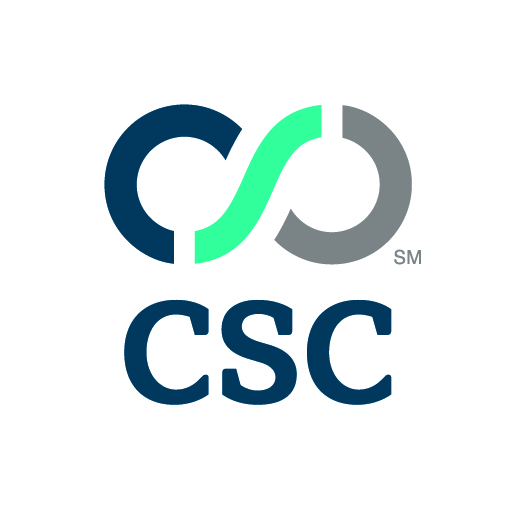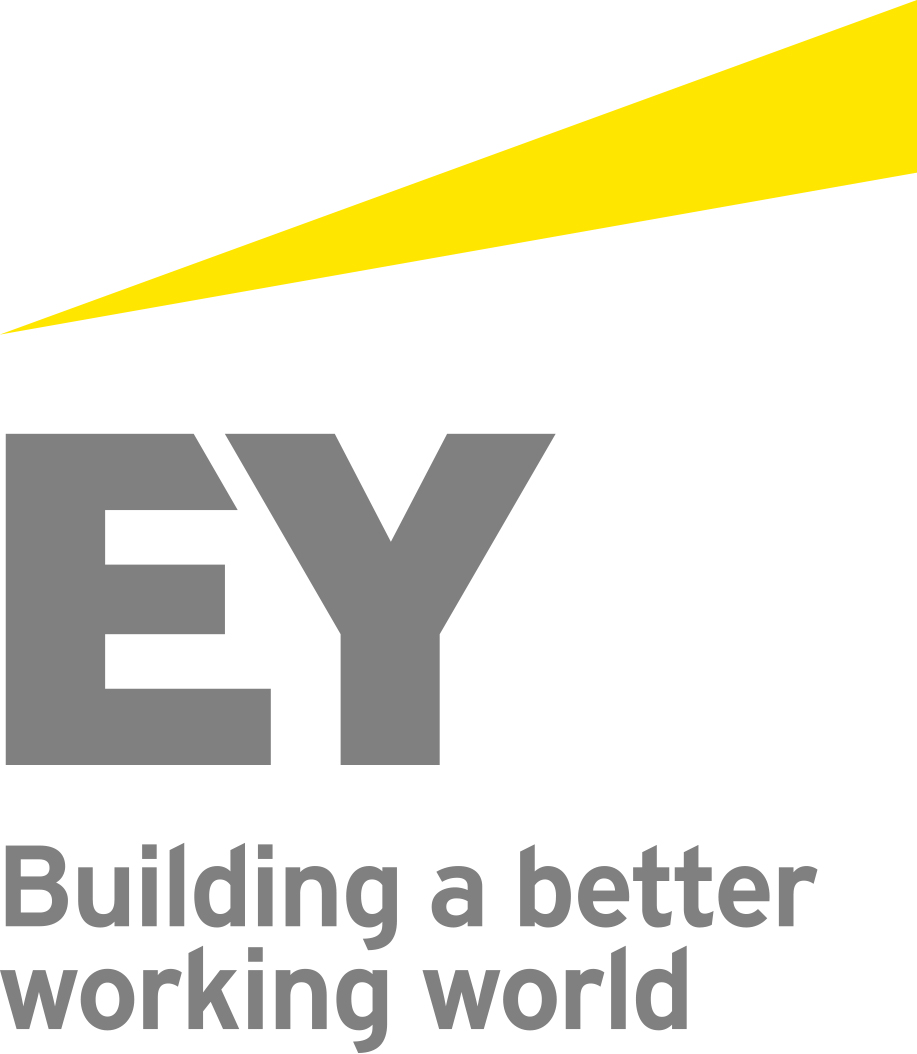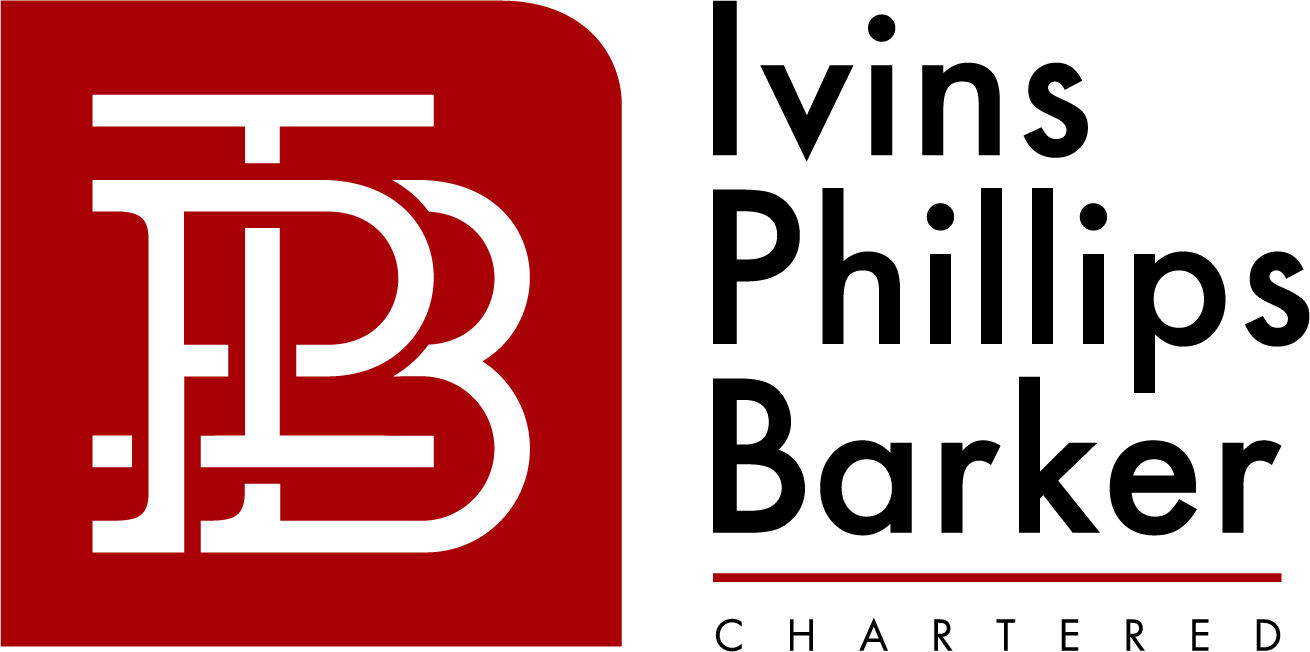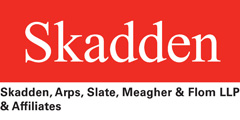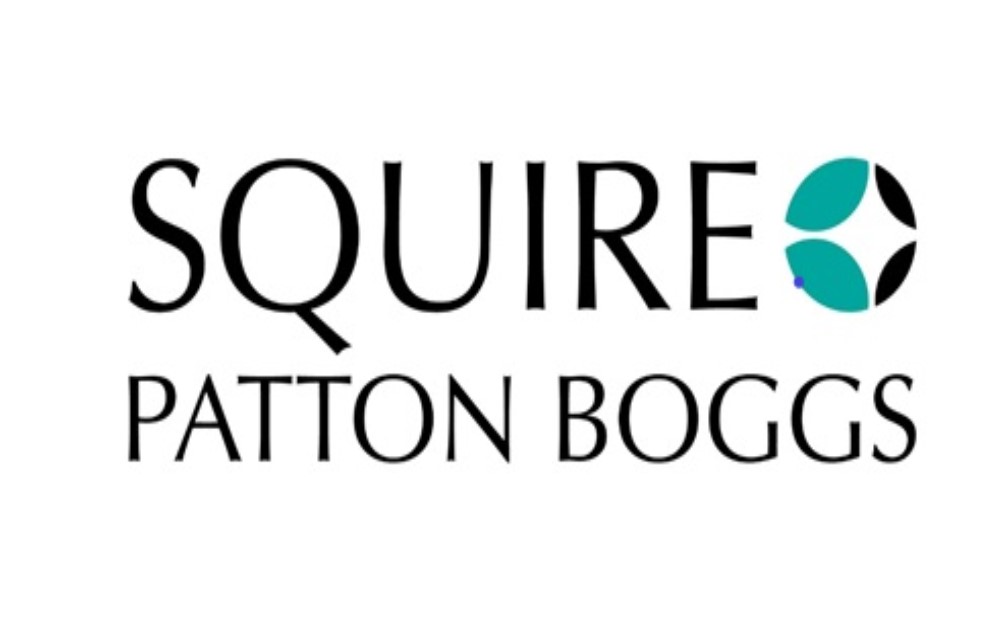
- This event has passed.
Updates.
(2/11/20) Press Release: Policymakers and Professionals to Examine U.S. Tax Reform, Global Developments and Future of Tax at TCPI Symposium
(2/7/20) Interview: “Practitioner’s Corner: Wolters Kluwer Interviews TCPI Symposium Experts on Current and Future State of Tax Policy”
(1/31/20) Press Release: “TCPI Honors OECD’s Grace Perez-Navarro at Annual Symposium”
(12/11/19) Press Release: “TCPI’s 21st Annual Symposium to Explore U.S. Tax Reform, Global Developments, and Future of Tax”
Program Description.
After years of effort, Congress finally enacted comprehensive tax reform in late 2017. With Congress’s work done, the tax community then began the complex process of implementing the new domestic and international business tax system.
But, a lot has happened since 2017. Plus, history tells us that the tax law is never “done” — it’s always evolving. It evolves in response to both internal forces (such as economic and political developments, differing points of view and priorities, and other pressures within the United States) and external forces (such as tax, trade, economic, and political developments outside the United States). Indeed, the current drive by some OECD countries to make massive changes to fundamental principles of business taxation seems virtually unprecedented and is moving at a surprisingly fast pace.
So even as the United States continues to work to put its new regime into place, internal and external forces might compel even more changes to the U.S. tax system in the new decade — possibly further shifting the landscape for both domestic and multinational businesses.
To evaluate and to anticipate these possible changes, they must be identified and evaluated relative to current law — that is, do they make the tax system better or worse, do they raise or lose revenue, and so on.
The 2020 program will review the current state of the U.S. tax law, as substantially modified by the 2017 tax reform legislation. The internal and external pressures on the tax system will be examined to assess whether the policy choices reflected in the current Tax Code are still the right ones today, especially with regard to the taxation of domestic and multinational businesses.
In other words, the program will ask the question: what policy changes could, or should, be explored based upon what we know now about the functioning of the substantially modified U.S. tax system, given both recent worldwide developments and our two years of experience so far with the new U.S. tax rules?
After all, hindsight is “2020.”
Join business, government, and academic leaders at the 21st Annual Tax Policy & Practice Symposium as we consider how the U.S. tax system might evolve in response to internal and external forces. Below are just a few of the critical topics that leaders of the tax community will explore over our two days together.
- What are the real world effects of the TCJA and how has it changed thinking about global investment?
- Innovation — does the new U.S. tax system strike the right balance to encourage high value activity in the United States?
- How does the new interest deduction limitation (and the even lower “cap” scheduled to go in effect in 2022) change financing decisions and structures?
- What’s the state of play of the OECD’s efforts to reform international tax standards — what’s really motivating these efforts and how might actions by other countries drive changes to U.S. tax policy?
- With two years of experience, how are the GILTI rules working relative to other anti-base erosion proposals?
- What might some of the significant changes to the U.S. system that have recently been proposed mean for the future of domestic and multinational tax?
The program also will introduce new features to make the Symposium particularly engaging and relevant — including expanded use of technology, as well as “mini-sessions” with lively debates on topical issues interspersed with more in-depth discussions. Breakout sessions — with separate tracks for domestic, international, policy, and technical issues — will also drill down into key issues of interest to tax executives, practitioners, policy makers, advisers, and all others concerned with the tax policy process.
Continuing Education.
CPE: 11 credit hours (based on a 50-min per credit hour standard)
CLE: 11 credit hours (based on a 50-min per credit hour standard); 9.25 credit hours (based on a 60-min per credit hour standard)
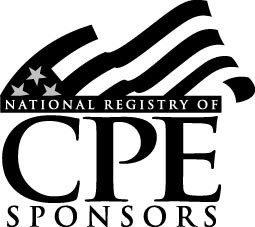
The Tax Council Policy Institute is registered with the National Association of State Boards of Accountancy (NASBA) as a sponsor of continuing professional education on the National Registry of CPE Sponsors. State boards of accountancy have final authority on the acceptance of individual courses for CPE credit. Complaints regarding registered sponsors may be submitted to the National Registry of CPE Sponsors through its website: http://www.nasbaregistry.org/.
The Agenda.
Day 1
-
7:15 am - 8:00 am
Continental Breakfast and Registration
-
8:00 am - 8:25 am
Welcome Remarks and Recognition of Symposium Mission
-
8:25 am - 8:30 am
Opening Video: TCJA's Principals Make the Case
Featuring commentary from Senate Finance Chairman Chuck Grassley (R-IA), Ways and Means Ranking Member Kevin Brady (R-TX), Senator Pat Toomey (R-PA) and Congressman Mike Kelly (R-PA).
-
8:30 am - 9:00 am
Keynote Address: CBO Outlook
The U.S. is hard at work implementing a new tax regime. But more changes may soon be in store. Phillip Swagel, Director of the Congressional Budget Office, will examine economic forces that are poised to shape the U.S. budgetary outlook – including both spending commitments and revenue sources.
Speaker:
Phillip Swagel, Director, Congressional Budget Office -
9:00 am - 9:05 am
Video: Policy Objectives of the TCJA
Featuring commentary from Senate Finance Chairman Chuck Grassley (R-IA), Ways and Means Ranking Member Kevin Brady (R-TX), Senator Pat Toomey (R-PA) and Congressman Mike Kelly (R-PA)
-
9:05 am - 10:00 am
The Economists’ View
Enacting comprehensive tax reform in 2017 marked a monumental change to the U.S. tax system. Now, two years in, we can begin to understand its broad economic impact. Join a panel of experienced economists as they offer their views on how new U.S. tax rules have affected business financing, structuring investment, innovation, trade, and other aspects of the U.S. economy.
Moderator:
Rosanne Altshuler, Professor of Economics, Rutgers University
Panelists:
Robert Carroll, Co-Director, Quantitative Economics & Statistics Group (QUEST), EY
Kyle Pomerleau, Resident Fellow, American Enterprise Institute
Martin A. Sullivan, Chief Economist, Tax Analysts
-
10:00 am - 10:10 am
Video: Grading the TCJA and What Comes Next
Featuring commentary from Senate Finance Chairman Chuck Grassley (R-IA), Ways and Means Ranking Member Kevin Brady (R-TX), Senator Pat Toomey (R-PA) and Congressman Mike Kelly (R-PA)
-
10:10 am - 10:30 am
Mini-Session: Corporate Rate Point/Counterpoint
One of the most significant provisions of the TCJA is the cutting of the U.S. corporate income tax rate. It is also one of the most intensely debated. Is 21% the right rate for a healthy business environment? What were the intended goals of the rate cut and are those goals being achieved? The session provides a brief point-counterpoint on this “tent-pole” aspect of the TCJA.
Participants:
Aparna Mathur, Resident Scholar, American Enterprise Institute
Steven M. Rosenthal, Senior Fellow, Urban-Brookings Tax Policy Center -
10:30 am - 11:00 am
Break
-
11:00 am - 11:45 am
The TCJA in Action: Tax Reform in the Real World
Part of the promise of the TCJA, as set forth in the Unified Framework on tax reform, was “to make America the jobs magnet of the world by leveling the playing field for American businesses.” Two years on from enactment, can we begin to evaluate to what extent and how the new law achieves these goals? This panel of senior tax executives will discuss the real-world effects of the most fundamental aspects of U.S. tax reform on American businesses and workers, including the lower corporate tax rate, the participation exemption system, GILTI, and more.
Moderator:
Ronald Dabrowski, Principal and Technical Deputy, Washington National Tax, KPMG
Panelists:
Kevin Conway, Senior Vice President, Tax, AmerisourceBergen
Jacqueline Crouse, Vice President, Tax, Amgen, Inc.
Heather Crowder, General Tax Officer, Phillips 66
-
11:45 am - 12:30 pm
From Hindsight to Insight: Assessing Tax Reform’s Effect on Innovation and other High-Value Activity
From R&D and scientific discovery to technology commercialization, spurring American innovation was a major goal of the TCJA. This panel will assess those elements of U.S. tax reform - including the FDII deduction, the BEAT, and the capitalization of Section 174 expenses - that were designed, either directly or indirectly, to incentivize and support innovation. The panel will also evaluate the global state of play concerning innovation and brainstorm how America might enhance its environment for innovation through future tax changes.
Moderator:
Louise Weingrod, Vice President, Global Taxation, Johnson & Johnson
Panelists:
Jennifer Acuña, Principal, Federal Legislative and Regulatory Services, Washington National Tax, KPMG
John Bates, Principal, Washington National Tax, Deloitte Tax LLP
B. Chase Wink, Partner, Tax, Skadden, Arps, Slate, Meagher & Flom LLP
Christopher Wolter, Vice President, Taxes, The Boeing Company -
12:30 pm - 12:45 pm
Commentary from Michael Desmond, Chief Counsel, Internal Revenue Service; Assistant General Counsel, U.S. Department of the Treasury
-
12:45 pm - 2:15 pm
Luncheon and Pillar of Excellence Award Presentation
Pillar of Excellence Award Recipient: Grace Perez-Navarro, Deputy Director, Centre for Tax Policy and Administration, Organisation for Economic Cooperation and Development
-
2:30 pm - 3:20 pm
Breakout Sessions:
1. Survival Mode: Staying Afloat in the Wake of the Flood of TCJA Domestic Tax Guidance [domestic track - technical]
Enactment of the TCJA marked a new dawn for the U.S. tax system. But for domestic tax compliance leaders, it was just the first of countless changes to come - and to somehow manage. Post-tax reform, U.S. regulators issued technical guidance at an unprecedented pace, with each new development posing a new implementation challenge. This panel will explore real-world survival stories from the 2018 compliance season, when most guidance was either not available or still in proposed form. It will also look ahead to the next filing season, offering tax compliance leaders practical options for handling continued uncertainty regarding key provisions such as cost recovery, income recognition, and the interest limitation.
Moderator:
Heather Harman, Managing Director, Andersen
Panelists:
Madeleine Barber, Senior Vice President and Chief Tax Officer, CBRE
Michael Desmond, Chief Counsel, Internal Revenue Service
Mitch Thompson, Partner, Squire Patton Boggs
2. Will Non-OECD Nations Push the US Toward a Destination-Based Tax System? [international track - policy]
Many developing countries impose destination-based tax systems. As their share of global GDP increases, their consumer markets grow, and they attract more foreign investment, what challenges do these tax regimes present for multinational corporations doing business within their borders? Are destination-based tax systems sustainable in today’s global economy - and will the U.S. ever seriously consider such a system? This session will explore these fundamental questions about the future of international tax and its impact on the U.S. business community.
Moderator:
Harold Hancock, Shareholder, Brownstein Hyatt Farber & Schreck
Panelists:
Myrtle Jones, Senior Vice President - Tax, Halliburton
Scarlet Pereira, Senior Vice President, International Tax Planning & Compliance, MasterCard
Marijn Verhoeven, Head of the Global Tax Team and Lead Economist, World Bank
-
3:25 pm - 4:15 pm
Breakout Sessions:
1. Transfer Pricing: Developments and the Path Forward [international track – technical]
Recent developments at home and abroad, including the enactment of several new international provisions under the TCJA and the OECD’s ongoing work addressing novel nexus and profit allocation issues presented by the digitalization of the economy, are making the management of transfer pricing challenges even more complex. This panel of senior tax executives and transfer pricing experts will take an in-depth look at transfer pricing through the lens of these developments, and answer key questions including: What tensions exists between the well-established transfer pricing rules under section 482 and the inbound anti-base erosion measure codified under section 59A? What are the recent trends in transfer pricing litigation? Is the arm’s length standard dead, and if so, what are the alternatives in today’s constantly changing global economy?
Moderator:
Melissa Hall, Senior Vice President – Tax, Assurant Inc.
Panelists:
Cory Hillier, Senior Counsel (Tax Law), International Monetary Fund
Ron Lang, Chief Tax Officer, Ford Motor Company
David Noren, Partner, McDermott Will & Emery
Loren Ponds, Member, Miller & Chevalier Chartered
2. The Future Role of the Corporate Income Tax [domestic track – policy]
The TCJA was seen as one of the largest overhauls of the U.S. tax code ever. And the new, lower corporate rate was considered by many to be the most significant change. This panel will explore the real-world impact of business tax changes under the TCJA and what they might mean for domestic tax policy in future - particularly if a separate tax on corporate income will still be relevant in America’s changing economic and political climate.
Moderator:
Hank Gutman, Of Counsel, Ivins, Phillips & Barker
Panelists:
Beth Bell, Tax Counsel, House Committee on Ways and Means
Mark Mazur, Robert C. Pozen Director, Urban-Brookings Tax Policy Center
Saul Rosen, Senior Tax Counsel, Citigroup
Alan D. Viard, Resident Scholar, American Enterprise Institute
-
4:15 pm - 4:45 pm
Break
-
4:45 pm - 5:30 pm
Debating Debt: What’s the Real Deal with the Interest Limitation?
Since the TCJA was enacted, taxpayers have been consumed with a host of technical questions about how the new limit on the deductibility of business debt applies. But there’s a bigger question: Do the new rules really reverse the tax code’s preferential treatment of debt and tip the scales toward equity? The panel will address how the new limitation is affecting C-suite decisions and business behavior, what its real-world impact is shaking out to be, and how the scheduled future change to the limitation might affect the tax landscape.
Moderator:
Tom West, Principal, Passthroughs Group, KPMG
Panelists:
Vipul Amin, Managing Director, The Carlyle Group
Morgan Holtman, Partner, Baker Hostetler
Robert Levine, Director, Tax Strategy, Anheuser-Busch
Agnieszka Samoc, Vice President, Tax Counsel, Danaher Corporation -
5:30 pm - 5:40 pm
Day-end Recap
-
5:45 pm - 7:00 pm
Networking Reception
Day 2
-
7:30 am - 8:00 am
Continental Breakfast
-
8:00 am - 8:20 am
Welcome Back
-
8:20 am - 8:40 am
Video: The OECD speaks
Featuring commentary for OECD CTPA Director Pascal Saint-Amans on the current state of the digital tax project at the OECD.
-
8:40 am - 9:10 am
The U.S. Responds
Moderator:
Tom Roesser, Senior Director, Tax Affairs, Microsoft Corporation
Panelists:
Beth Bell, Tax Counsel, House Committee on Ways and Means
Randy Gartin, Chief Tax Counsel - Republican, House Committee on Ways and Means
Tiffany Smith, Chief Tax Counsel, Democratic Staff, Senate Finance Committee
Mark Warren, Chief Tax Counsel – Republican, Senate Finance Committee
-
9:10 am - 10:10 am
Grappling with Global Reform
The OECD continues to push toward a global solution to address the tax challenges presented by the digital economy. The specter of major changes to the international tax system looms large, yet nothing is certain - even whether consensus will be reached. However the OECD’s work unfolds, businesses will need to adapt and react. This panel will help multinational businesses manage the uncertainty of this moment with insights on the latest OECD proposals and practical discussion on how to navigate the current fluid state of international tax rules.
Moderator:
Brett Weaver, Partner, National Leader, Value Chain Management, KPMG
Panelists:
William Morris, Deputy Global Tax Policy Leader, PwC
Grace Perez-Navarro, Deputy Director, Centre for Tax Policy and Administration, OECD
Sandy Radmanesh, Tax Attache, German Embassy Washington DC
Amy Roberti, Director, US Federal Government Relations Leader and Global Tax Policy, Procter & Gamble -
10:10 am - 10:25 am
Mini-Session: Weighing Unilateral Options Available to the U.S.
As the OECD seeks a global solution on digital taxation, single jurisdictions are pursuing unilateral actions, creating great complexity for multinational businesses. This mini-session will debate the possible responses available to U.S. policymakers. Is doubling the tax rate on other countries under section 891 a real option? Are there other tax measures available? Or is trade the most likely retaliatory tool?
Speaker:
Itai Grinberg, Professor of Law, Georgetown Law
-
10:25 am - 10:55 am
Break
-
10:55 am - 11:45 am
Case Erosion: GILTI, Minimum Taxes and the Future of Outbound Taxation Post U.S. Tax Reform
The GILTI was designed as the principal outbound anti-base erosion measure of the new U.S. international tax system. Does the provision hit the mark? This panel will examine the design of the GILTI regime, its interaction with BEAT, the key issues it raises for U.S.-based multinationals, and practical considerations for corporations adapting to the new law. Hear analysis of complex questions, including: Has the GILTI regime succeeded in preventing outbound base erosion? How have policy decisions by U.S. authorities influenced its effectiveness? What alternatives have been proposed by domestic and international policymakers and what impact would they have on taxpayers in different industries?
Moderator:
Danielle Rolfes, Partner, Co-lead International Tax, Washington National Tax, KPMG
Panelists:
Patrick Brown, US International Tax Policy Leader, PwC
George Callas, Managing Director, Government Affairs & Public Policy, Steptoe & Johnson
Anthony Gedeller, Global Tax & Currency Director, Mars, Incorporated -
11:45 am - 12:30 pm
20/20 Vision – Looking Ahead to the 2020 Elections and Beyond
Experts will draw from their tax, economic and governmental expertise to focus upon what impact the results of the 2020 presidential and congressional elections could have upon the tax world. Panelists will discuss various tax proposals from both Democrats and Republicans and focus on the future in a post-2020 Washington.
Moderator:
Paul Nolan, Vice President, Tax & Government Affairs, McCormick & Company, Inc.
Panelists:
Barbara Angus, Global Tax Policy Leader, EY
Shahira Knight, Principal, Deloitte
Arshi Siddiqui, Partner, Akin Gump -
12:30 pm - 12:45 pm
Closing Remarks
The Speakers.

Michael Desmond

Grace Perez-Navarro

Pascal Saint-Amans *via video
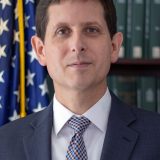
Phillip Swagel

Jennifer Acuña

Rosanne Altshuler

Vipul Amin

Barbara Angus

Madeleine Barber

John Bates
Beth Bell

Patrick Brown

George Callas

Robert Carroll

Kevin Conway

Jacqueline Crouse

Heather Crowder

Ronald Dabrowski

Tadd Fowler

Randy Gartin

Anthony Gedeller

Itai Grinberg

Harry L. Gutman
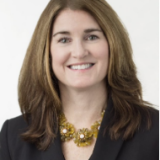
Melissa Hall

Heather Harman

Cory Hillier

Morgan Holtman

Myrtle Jones

Shahira Knight

Robert Levine

Aparna Mathur

Mark Mazur

William Morris

Paul Nolan

David Noren

Scarlet Pereira

Kyle Pomerleau

Loren Ponds

Sandy Radmanesh

Amy Roberti

Tom Roesser

Danielle Rolfes

Saul Rosen

Steven M. Rosenthal

Agnieszka Samoc

Arshi Siddiqui

Tiffany Smith

Martin A. Sullivan

Russell Sullivan

Mitch Thompson

Marijn Verhoeven

Alan D. Viard
Mark Warren

Brett Weaver

Louise Weingrod

Tom West

B. Chase Wink

Christopher Wolter
Planning Committee.
AbbVie
AmerisourceBergen
Amgen Inc.
Andersen
Assurant Inc.
Boeing Company, The
Brownstein Hyatt Farber Schreck
Carlyle Group, The
Caterpillar Inc.
CBRE
Citigroup
Deloitte Tax LLP
Eli Lilly and Company
EY
FedEx
Ford Motor Company
Intel Corporation
Ivins, Phillips & Barker
Johnson & Johnson
KPMG
KPMG
Lockheed Martin Corporation
Loews Corporation
Mars, Incorporated
Martin Marietta Materials Inc.
Masco Corporation
MasterCard Worldwide
McCormick & Company, Inc.
McDermott Will & Emery
Microsoft Corporation
Miller & Chevalier Chartered
PepsiCo, Inc.
Phillips 66
Procter & Gamble
PwC
Skadden Arps Slate Meagher & Flom
Squire Patton Boggs
Steptoe & Johnson
T-Mobile
Uber
United Technologies Corporation
Walt Disney Company, The
Hotel Information.
The Ritz-Carlton Washington DC
1150 22nd Street NW
Washington, DC 20036
+1 202 835 0500
$355 per night plus tax and fee
Only Symposium attendees are allowed to use our block. If we see your name in our room block, we will consider you as a registered attendee and payment will be requested.
Reservation Method (choose one):
- Call 202-835-0500 or 800-241-3333 and reference “2020 TCPI Symposium”
- Reserve online – click here
All reservations should be received by no later than Wednesday, January 22, 2020. After this date, room availability and pricing cannot be guaranteed.
** There is a limited number of rooms available three days prior to and three days after the conference dates. If you would like to add to your stay, please contact Marcia Gomes at Marcia.Gomes@ritzcarlton.com.
Check-in and Check-out
- Check in: 4:00 PM
- Check out: 1a:00 AM
Room Cancellation Policy:
72 hours prior to arrival
Additional Information.
Who should attend?
The program is designed for CFOs, VPs of Tax, VPs of Finance, corporate tax directors, government tax professionals, tax counsels, attorneys, and managers. The method of delivery will be group-live at an intermediate to advanced level. Participants should possess an advanced knowledge of tax policy and practice.
Does the registration cost include hotel reservation?
No. You must make your own hotel reservation. A limited number of rooms has been put on hold at The Ritz-Carlton Washington DC (1150 22nd Street NW) for the evenings of Feb 12th and 13th for $355 per night (plus tax and fees). Check out the "Hotel" section for additional information.
Can I obtain continuing education credits (CLE or CPE) by attending this conference?
Participation in the Symposium will allow you the opportunity to receive continuing education credits. TCPI is registered with NASBA, and in accordance with its policies, up to 12 CPE credits can be earned. (NASBA Field of Study: TAXATION.) TCPI will also apply for CLE accreditation post-conference from those states that require it, which participants list on their registration forms. The total amount of earned CLE credits varies by states.
How do I become an exhibitor?
To obtain a copy of the exhibitor prospectus, which includes the pricing and benefits of becoming an exhibitor, please email us at general@tcpi.org. Note that spots are limited and we do sell out!
Should I bring a laptop/tablet to this conference?
YES, especially for those seeking continuing education (CE) credits. An event app and a web-version of the app will be available for the sole use of registered attendees. Submitting questions for speakers, tracking of attendance for CE accreditation, participating in polling questions, accessing conference documents (presentations and article) and many functions will be conducted through the event app. There will be wifi and writing surface available in the conference room.
What is the cancellation and refund policy?
Fees are refundable, less a $100 processing fee, if written notice is received by TCPI prior to COB Friday, January 17, 2020. There will be no refunds after January 17, 2020; however, a substitute for the original registrant will be accepted. For more information regarding registration, refund, complaint, and/or program cancellation policies, please call TCPI at (202) 822-8062 or email symposium@tcpi.org.



